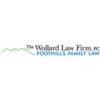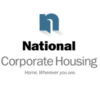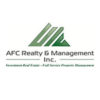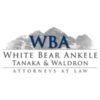If repeat business is any indication of performance and service, then you know Matt Smith has done a great job for Wood Partners as our Tenant Rep Office Leasing Broker. We have used Matt 5 consecutive times since 2013 to help us find and lease our office space. His knowledge of the market and negotiating skills have consistently saved us time and money. I highly recommend using Matt Smith as your next Office Leasing Broker.
Navigating Denver’s office market can be challenging for tenants. There are over 5,600 office buildings in Metro Denver, and public listing sites are often incomplete or outdated. Without expert guidance, finding the right space, negotiating the best lease terms, and avoiding pitfalls that can be costly will be a time-consuming job that takes you away from running your business. That’s why you should use Premises Commercial Real Estate as your tenant representative– we represent and work for you to save you time and money while securing the best possible space and lease terms.
Not sure where to start? You can either request a free custom office space report tailored to your needs or browse our listings to get a sense of what’s available.













